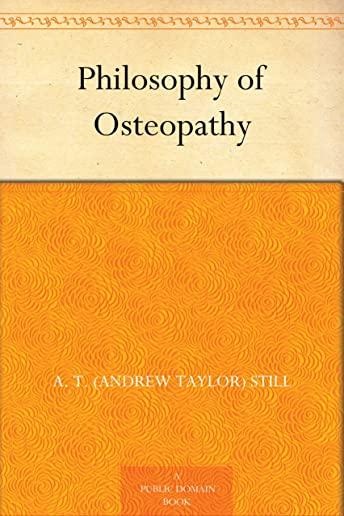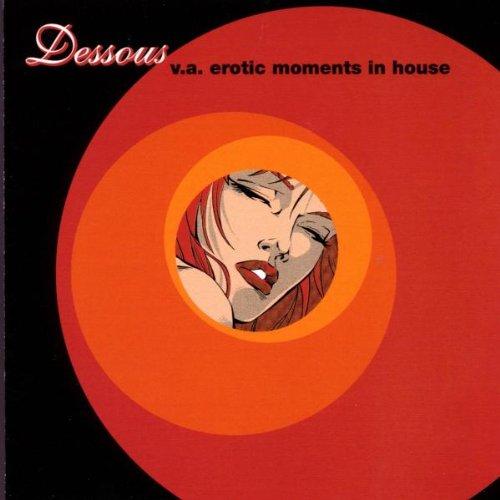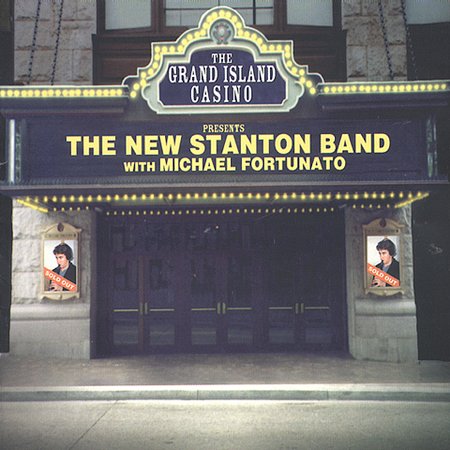
description
9Andrew T. Still's excellent account of osteopathic medicine is presented here in this attractive new edition.
Written and published at the end of the nineteenth century, Philosophy of Osteopathy is a manual which attempts to overview the major aspects of the osteopathic discipline. Although much of Still's understanding is outdated in comparison to modern medicine, his accessible descriptions made this book a valuable reference text for aspiring osteopaths and physiotherapists for many years following its original publication.
Chapters generally concern distinct areas of the body, as well as some theoretical questions which - at the time - hadn't received an answer. Andrew T. Still regards good osteopathy as an art form, and thus does not shy away from a passionate tone during parts of the text. Unusual subjects, such as the uses of earwax and the possibility that man has undergone a slow decline in his bodily resilience, lend color to the book.
Many of the terms in the text are noticeably archaic, in particular those regarding convulsions and the various types of fever humans are susceptible to. Nevertheless, for readers interested in the history of osteopathic medicine, or simply how the medical profession evaluated ailments and the body at the close of the 19th century, the Philosophy of Osteopathy is a fine read.
Written and published at the end of the nineteenth century, Philosophy of Osteopathy is a manual which attempts to overview the major aspects of the osteopathic discipline. Although much of Still's understanding is outdated in comparison to modern medicine, his accessible descriptions made this book a valuable reference text for aspiring osteopaths and physiotherapists for many years following its original publication.
Chapters generally concern distinct areas of the body, as well as some theoretical questions which - at the time - hadn't received an answer. Andrew T. Still regards good osteopathy as an art form, and thus does not shy away from a passionate tone during parts of the text. Unusual subjects, such as the uses of earwax and the possibility that man has undergone a slow decline in his bodily resilience, lend color to the book.
Many of the terms in the text are noticeably archaic, in particular those regarding convulsions and the various types of fever humans are susceptible to. Nevertheless, for readers interested in the history of osteopathic medicine, or simply how the medical profession evaluated ailments and the body at the close of the 19th century, the Philosophy of Osteopathy is a fine read.
member goods
No member items were found under this heading.
notems store
listens & views

DESSOUS: EROTIC MOMENTS IN HOUSE ...
by DESSOUS: EROTIC MOMENTS IN HOUSE / VARIOUS
COMPACT DISCout of stock
$15.49

ANATOMIC NOTEBOOK / STUS Z: ...
by BUENE / REBNE / ADDERLEY /AFFINIS ENSEMBLE
COMPACT DISCout of stock
$17.99
Return Policy
All sales are final
Shipping
No special shipping considerations available.
Shipping fees determined at checkout.





